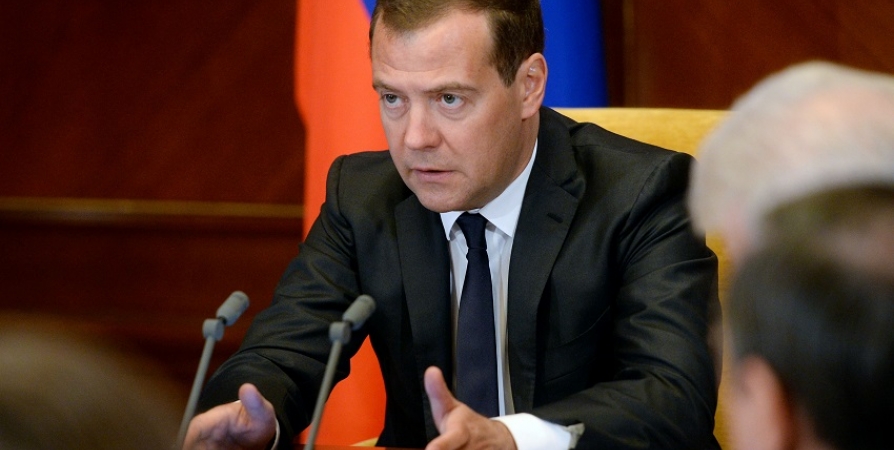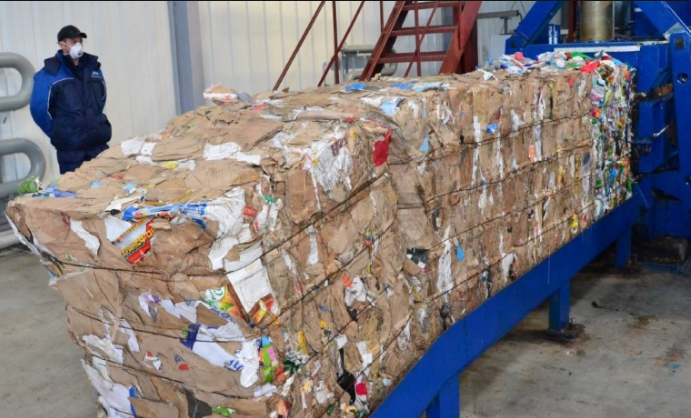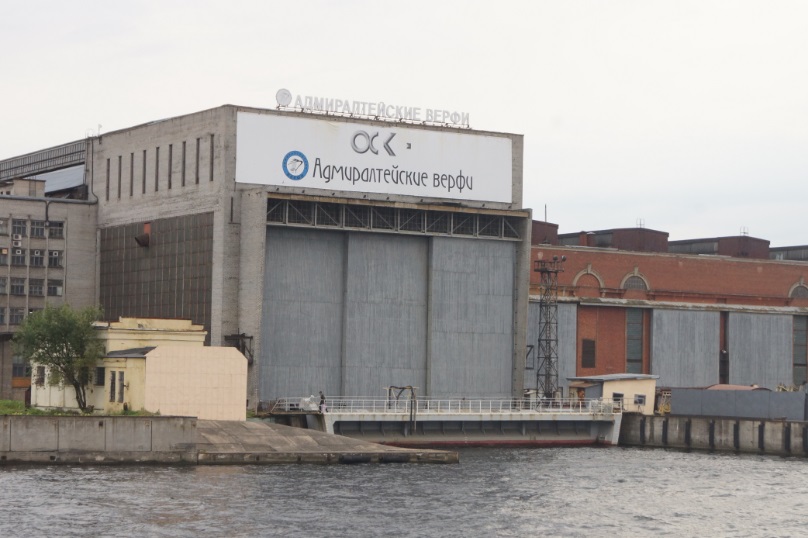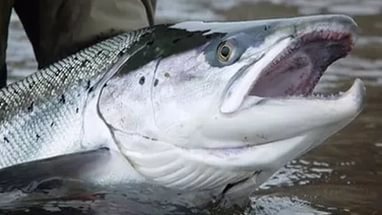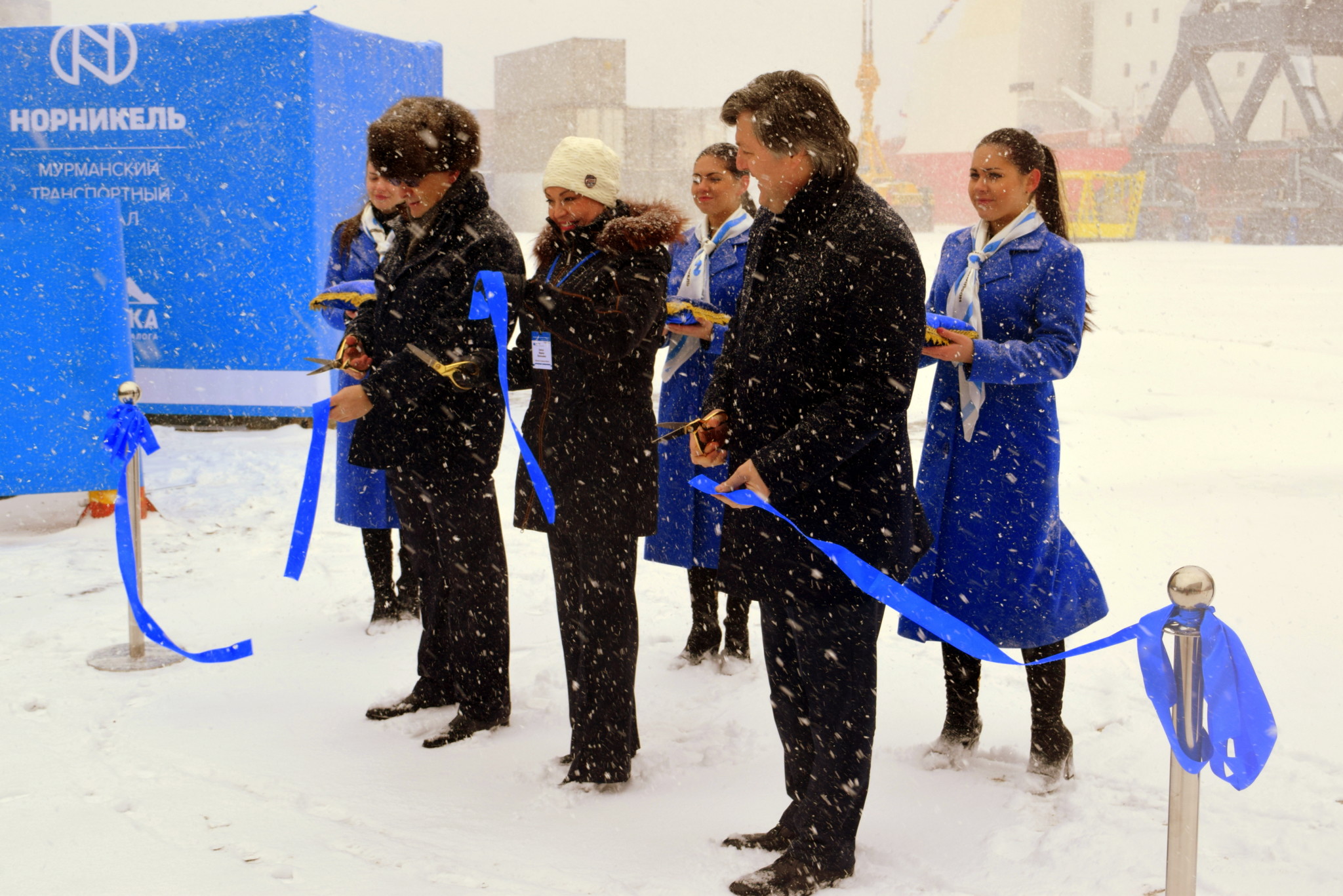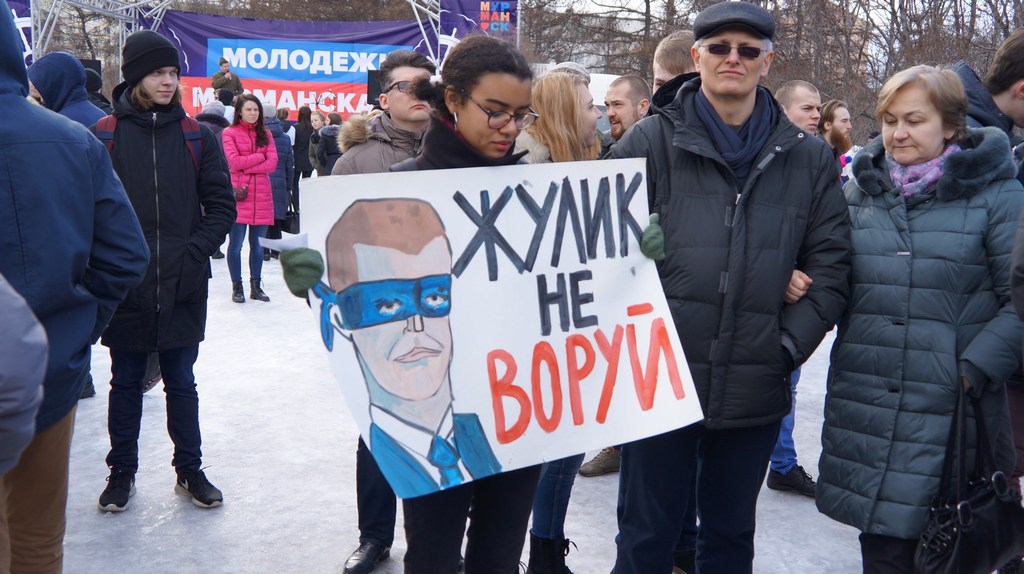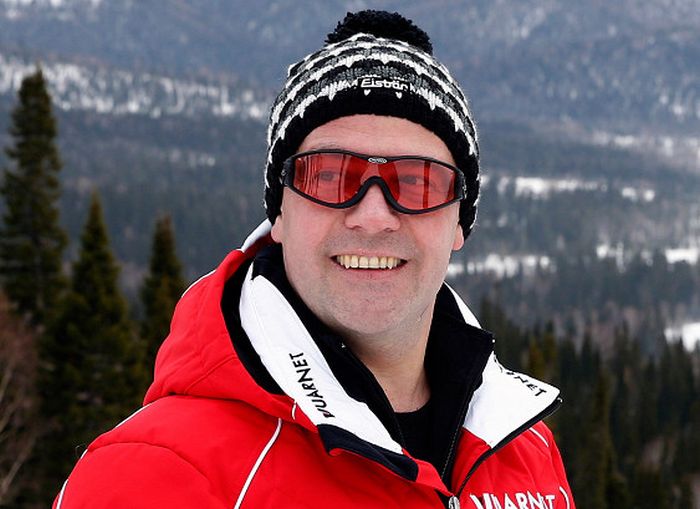Russian tourists in Finland replaced by Asians
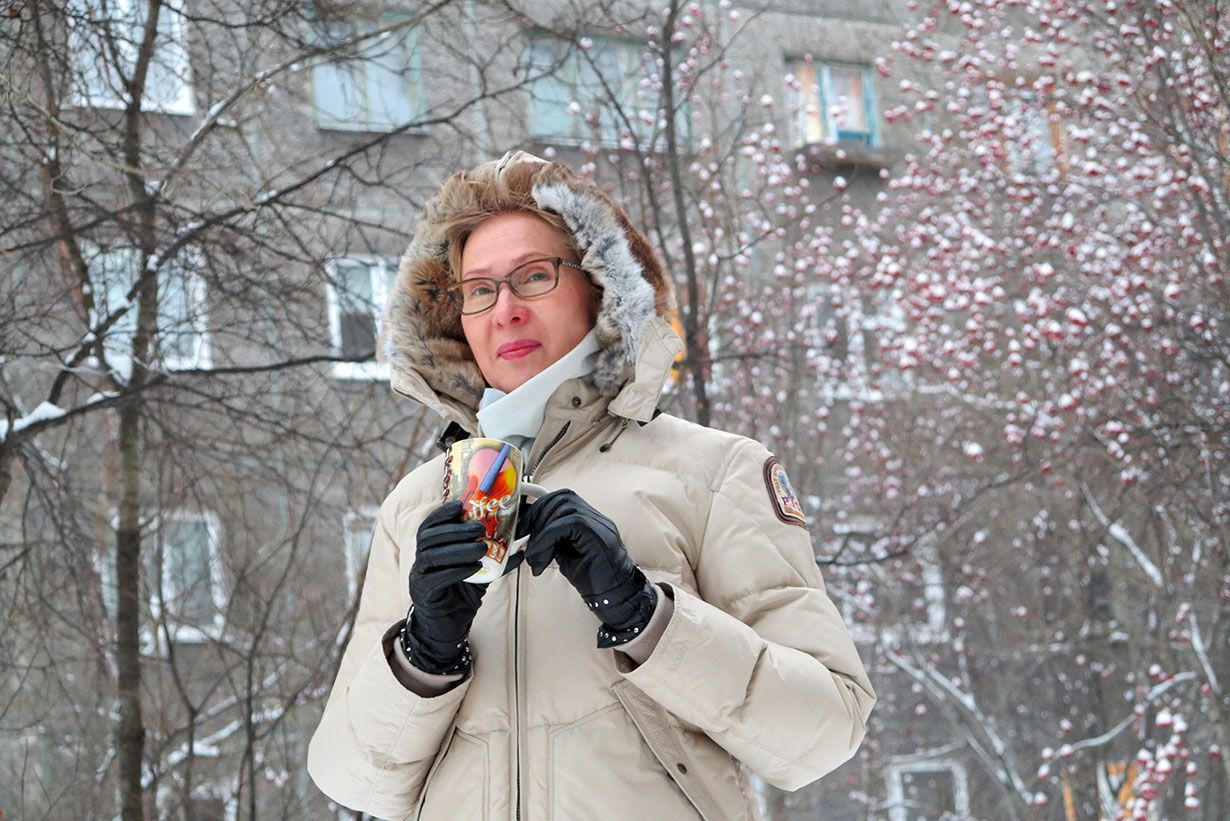
Following the interview with the Norwegian Consul General, the Finnish Consul General in Murmansk Pirkko Mäkikokkila shared with SeverPost her view on cross-border issues and cooperation between Russia and Finland.
- How would you assess the relations between northern regions of Russia and Finland given the current foreign political situation?
- In 2017-2019 Finland will chair the Arctic Council and the Arctic Economic Council which will contribute to the growing importance of northern territories. Finland is one of the leaders in the field of Arctic research. In 2017 the state-owned company “Arktika” owing Finnish ice-breakers plans to carry out a research of the Arctic areas. The project may be joined by representatives of universities and research institutes.
The twin-city relations between Murmansk and Rovaniemi, as well as Kola and Inari are thriving and acquire new forms of cooperation. Finnish companies are interested in continuation of partner projects with their counterparts from the Murmansk region after elimination of sanctions. The “People to People” public diplomacy reflects in tourism and cultural sphere. In December the Murmansk office of the Consulate General of Finland will facilitate the 17th Week of Finnish Cinema in Murmansk.
There is an increased demand for Finnish visas used mainly for tourism and shopping. The Finns appreciate seeing more Russians in Finland now. At the same time it seems like the Finns are also discovering Murmansk as the largest city in the Arctic offering rich cultural programme.
- Has your job recently changed? Are there any difficulties you encounter?
- The job has changed since Finland became even more interested in the Arctic issues. Also the Finnish officials and companies want to be well informed of Murmansk economic life and possibilities of joint projects. The Murmansk business week was attended by the Ambassador for Arctic issues of the Finnish MFA and representatives of the Consulate General in St.Petersburg. The conference on mining held in Kirovsk was attended by many Finns just like the previous year. Also the situation with refugees on the turn of 2015/2016 was appealing to many of the Murmansk region residents.
- Has the political situation reflected on funding of joint Russian-Finnish projects?
- Most part of the Finnish enterprises is located in St.Petersburg and the Leningrad region. All in all there are around 400 Finnish enterprises working in Russia. For instance, the Valio Group expanded its business thus creating jobs for Russian workers. Several Finnish enterprises relocated to St.Petersburg and the Leningrad region following the localization policy. Currently Russia is the fifth most important exporting and the third importing country for Finland. The Finland’s investments in Russia amount to 11-12bln Euro.
The international cooperation also develops in other Russian regions. For example, the international cooperation programme “Kolarctic-Karelia” covering Finnish regions Pohjois-Pohjanmaa, Lapland, Kainuu, Pohjois-Karjala and the Republic of Karelia will probably be prolonged for 2017-2019. In early 2017 Finland and Russia are to launch three funding programmes totally amounting to 180 mln Euro. These programmes are funded by the EU, Russia and Finland.
The crises might provoke certain uncertainty about ongoing projects and future plans, but there is still a strong wish to continue the cooperation since its importance keeps growing. The multi-level cooperation involving municipalities (twin-cities), schools, NGOs and enterprises are those of special importance.
- In which fields Finland and the Murmansk region continue cooperating?
- Other areas of cooperation are tourism development and import of food products.
- How did the sanctions affect the economy of the northern regions of Finland?
- The clients flow has shrank. There are mostly Asian tourists visiting northern regions of Finland, so the hotels and others touristic facilities do not lack clients, though the shopping centers are still longing for the Russians. Although the joint plans and projects are underway.
- What’s the dynamics of visa issuance and crossing of the Russian-Finnish border?
- After the record-breaking year 2013, visa issuance has significantly decreased. It shall be taken into consideration that we mostly issue visas with a 2-years validity period, while there are many people in the Murmansk region working in military agencies that impose certain restrictions for leaving abroad.
- What is the estimated percentage of those who moved to Finland from the Murmansk region in the last year?
- Foreign citizens make about 5.5% of the total Finnish population, ¼ of them are Russians. Those who come from the Murmansk region are mostly students studying in Finland.
- Has the number of Russian students studying in Finland recently changed?
- Changes are expected to occur since in 2017 the foreign-language educational programmes shall become fee-based for non-EU/EEA citizens. Programmes in Finnish language shall remain free for foreign students. Education in Salla gymnasium, for instance, will also be provided for free.
- What are the most popular Finnish localities among the residents of the Murmansk region? What is the prevailing travel purpose?
- Many people make 1-day shopping trips to Ivalo. Saariselkä mostly offers recreational facilities (versatile accommodation, restaurants, etc.). Rovaniemi is the largest city in northern Norway visited both for leisure, shopping and cultural activities. Ivalo airport operates daily flights to Helsinki. Kemi and Keminmaa are also popular among tourists.
- How would you estimate the role of Finland in the VI Days of Russian-Norwegian cross-border cooperation?
- This year the delegation from Inari was invited to this event. Finland sees value in any form of cross-border cooperation.
- How would you describe the perspectives of the Russian-Finnish cross-border cooperation?
- The international cooperation between the Finnish and Russian border guard services is successfully developing. There are also new joint educational and health-care projects between organizations from Murmansk and Lapland planned.
First shipment of spent nuclear fuel to be moved out from the Andreev Bay in June
June 27 is the date of the official ceremony that will mark the start of removing SNF for further processing from the Andreev Bay. The ceremony will be joined by officials from Rosatom State Corporation, Norwegian MFA and the European Bank of Reconstruction and Development. The SNF management facilities and engineering systems were created in the Andreev Bay by
Salmon fishing season postponed on the Kola Peninsula
The salmon fishing season has been postponed in the Murmansk region. Due to prolonged winter the salmon fishing season opening day has been shifted off for two weeks, informed the Murmansk Fishing Regulatory Agency. “In view of unfavorable weather conditions, opening of the fishing season on the Kola river and installation of a 24-hour license point in the Molochniy
FSB special operation in the Murmansk region: arms dealers detained
Two men selling ammunition to firearms have been detained, informs the press-service of the Murmansk regional FSB. According to FSB, a criminal case has been filed under Article 30, part 3 of the RF Criminal Code (attempted crime) and Article 222, part 2 (illegal purchase, transfer, trade, storage, transportation, carrying of weapons, its parts and
Caution! The center of Murmansk crumbling!
The Stalin-era buildings in the center of Murmansk that haven’t been refurbished for several years are becoming potentially unsafe. The walls are crumbling, pieces of bricks are falling out. A car parked by Lenina 77 has been damaged –only one so far. The Sofii Perovskoy 10 is marked with warning signs due to pieces of facing falling down. That is
Forest preserve with 350-years old pines to be created on the Russian-Norwegian border
The project of Korablekk Forest preserve to be established in the Pechenga district of the Murmansk region will be considered in the Regional Government on Friday, informed the Government’ spress-service. The park is to be created next to the specially protected nature area Pasvik at the Russian-Norwegian border. It’s peculiarity will bethe
Government lacks 48 bln rubles for the Murmansk Transport Hub completion
The State intends to complete the construction of the Murmansk Transport Hub according to private-public partnership that implies enticement of investors, reported the Minister of Transport Maxim Sokolov at the meeting in Murmansk. “Theonlyopportunityforustokeeptheprojectsalive (…) isprivate-publicpartnership. I’m also convinced that we should use this
A 1.5 bln waste treatment plant to be built in the region by the end of 2017
Waste reloading stations in Severomorsk, Aleksandrovsk, Zaozersk and Ura-Bay, a disposal site and a waste treatment plant in Murmansk will be commissioned by the end of this year, told SeverPost Deputy Director of “Waste Treatment” Murmansk subsidiary Vitaliy Izmailov. “Each year the disposal site will receive 250 tons of waste of 4 and 5 hazard
The first patrol ice-breaker laid down in Saint-Petersburg
The first patrol ice-breaker “Ivan Papanin” (project 23550) built under the order of the RF Navy was laid down on April, 19 at the Admiralty Shipyards, informed the press-service of the enterprise. In 2016 the RF Ministry of Defense ordered the Admiralty Shipyards to build two ice-class patrol ice-breakers (project 23550) that should be handed over to the
Zello users from Murmansk appeal to Roskomnadzor
Users of Zello application (channel “Murmansk-51”) appeal to the Head of the Federal Supervision Agency for Information Technologies and Communications (Roskomnadzor) requesting not to close the application. We, the users of Zello channel “Murmansk-51” and residents of different cities, ask you not to close the ZELLO application on the territory of
New quotas and terms of salmon fishing announced in the Murmansk region
In 2017 Murmansk region may catch 95 tons of Atlantic salmon and 330 tons of pink salmon, reports the press-service of the Murmansk Regional Government referring to the Polar Research Institute of Marine Fishery and Oceanography. “Out of these volumes 1.88 tons are earmarked for scientific-research purposes, 2.515 ton for breeding and 1 ton for traditional activities of
Nornickel opens upgraded Murmansk Transshipment terminal
Nornickel finished the upgrading of the second berth of its Murmansk Transport Division Today. The second project phase will enable the terminal to work at full capacity and almost double its cargo traffic, from 780,000 tonnes to 1.5 million tonnes per year. Storage capacity is 100,000 square meters. The berths are equipped with gantry cranes with a lifting capacity of
Anti-corruption picket joined by 110 participants
According to the official data of the Murmansk regional Police, the anti-corruption public campaign was joined by 110 participants. The picket to support the investigation of Aleksey Navalny’s was held peacefully unlike other Russian cities. “There were 110 picketers. The pictures show more people due to another public cultural activity also held
Dmitry Medvedev to depart for the Arctic from Murmansk
Instead of the RF President Vladimir Putin who should have arrived to Murmansk on the 20th of March, the Murmansk airport expects now Dmitry Medvedev. “It is expected that on the 29th of March the Head of the Government will leave for the Arctic to inspect military facilities on the Franz Josef Land. Visit to Barneo drifting station is not in the schedule,” source

